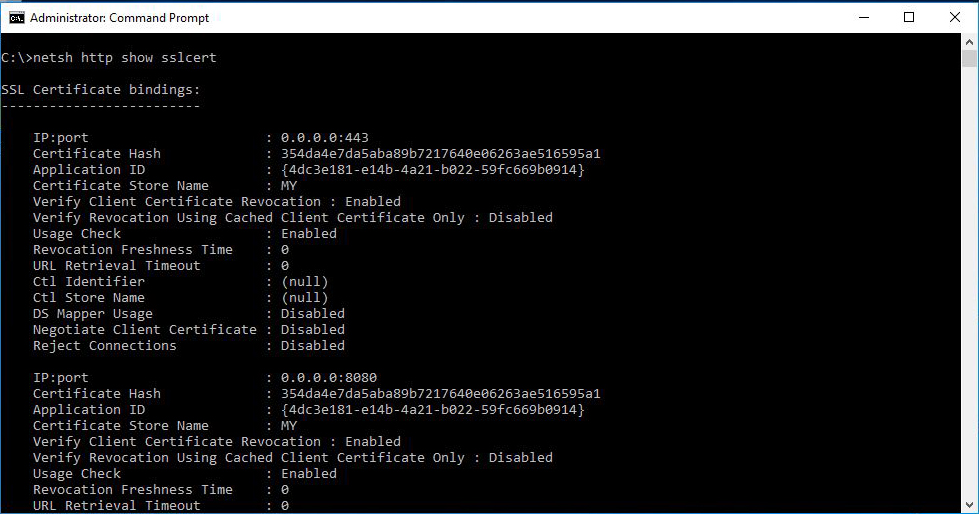Killing a windows service that seems to hang on "Stopping"
It sometimes happens (and it's not a good sign
most of the time): you'd like to stop a Windows Service, and when you issue the
stop command through the SCM (Service Control Manager) or by using the
ServiceProcess classes in the .NET Framework or by other means (net stop, Win32
API), the service remains in the state of "stopping" and never
reaches the stopped phase. It's pretty simple to simulate this behavior by
creating a Windows Service in C# (or any .NET language whatsoever) and adding
an infinite loop in the Stop method. The only way to stop the service is by
killing the process then. However, sometimes it's not clear what the process
name or ID is (e.g. when you're running a service hosting application that can
cope with multiple instances such as SQL Server Notification Services). The way
to do it is as follows:
3. Over here you can find the process identifier (PID), so it's pretty easy to kill the associated process either by using the task manager or by using taskkill:
taskkill /PID 388 /F
where the /F flag is needed to force the process kill (first try without the flag).
1. Go to the
command-prompt and query the service (e.g. the SMTP service) by using sc:
2. sc queryex SMTPSvc
This will give you the
following information:
SERVICE_NAME: SMTPSvc
TYPE : 20 WIN32_SHARE_PROCESS
STATE : 4 RUNNING
(STOPPABLE, PAUSABLE, ACCEPTS_SHUTDOWN)
WIN32_EXIT_CODE : 0 (0x0)
SERVICE_EXIT_CODE : 0 (0x0)
CHECKPOINT : 0x0
WAIT_HINT : 0x0
PID : 388
FLAGS :
or something like this (the "state" will mention stopping).
SERVICE_NAME: SMTPSvc
TYPE : 20 WIN32_SHARE_PROCESS
STATE : 4 RUNNING
(STOPPABLE, PAUSABLE, ACCEPTS_SHUTDOWN)
WIN32_EXIT_CODE : 0 (0x0)
SERVICE_EXIT_CODE : 0 (0x0)
CHECKPOINT : 0x0
WAIT_HINT : 0x0
PID : 388
FLAGS :
or something like this (the "state" will mention stopping).
3. Over here you can find the process identifier (PID), so it's pretty easy to kill the associated process either by using the task manager or by using taskkill:
taskkill /PID 388 /F
where the /F flag is needed to force the process kill (first try without the flag).
Please be careful when you do this; it's
useful for emergencies but you shouldn't use it on a regular basis (use it as a
last chance to solve the problem or to avoid the need of a reboot in an
exceptional situation). It can even be used to stop a service that has the
"NOT-STOPPABLE" and/or "IGNORES_SHUTDOWN" flag set
(e.g. Terminal Services on a Windows Server 2003 is non-stoppable), at least
when it's not hosted in the system process. You can query all this information
by means of the sc command.


